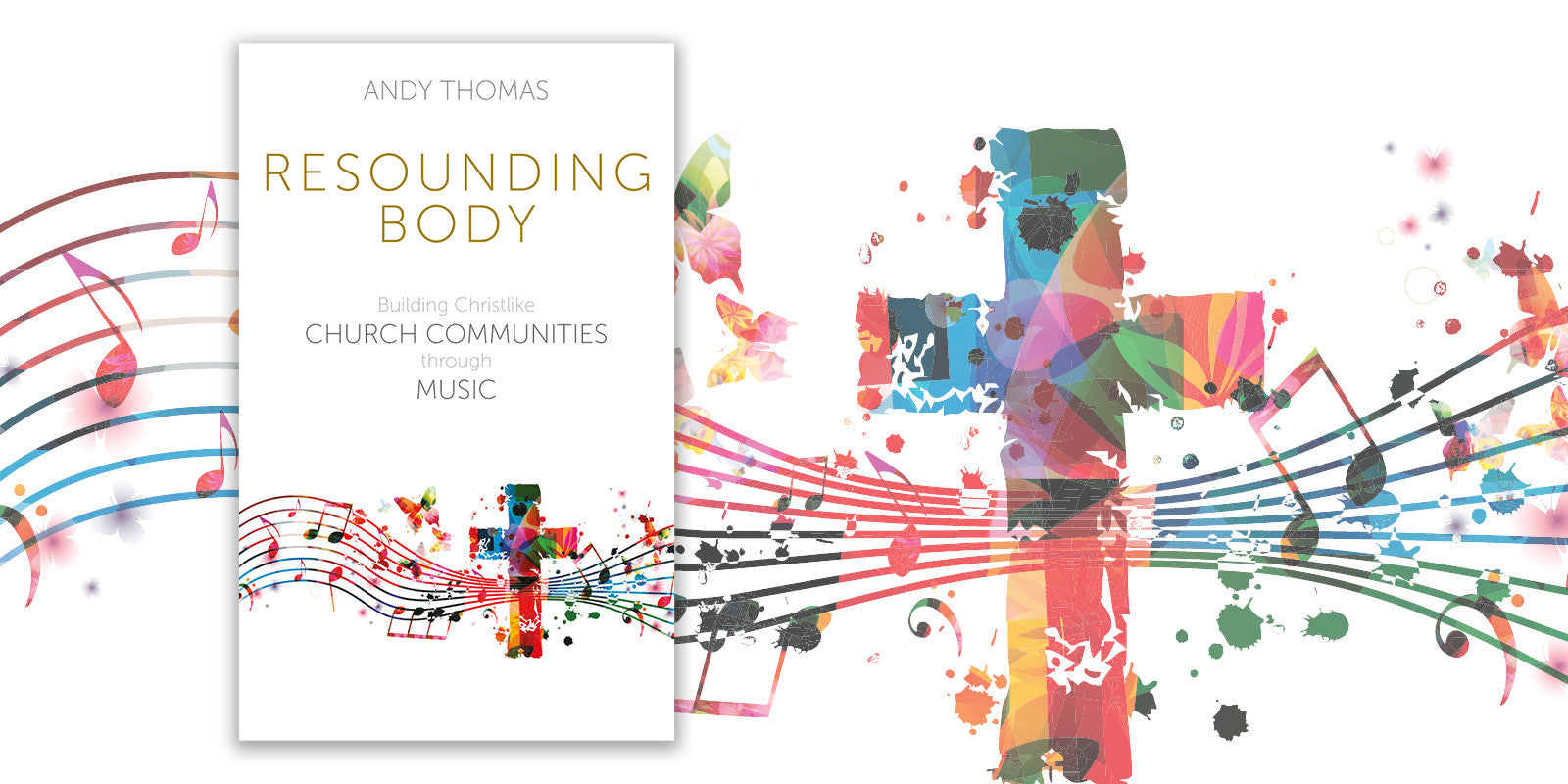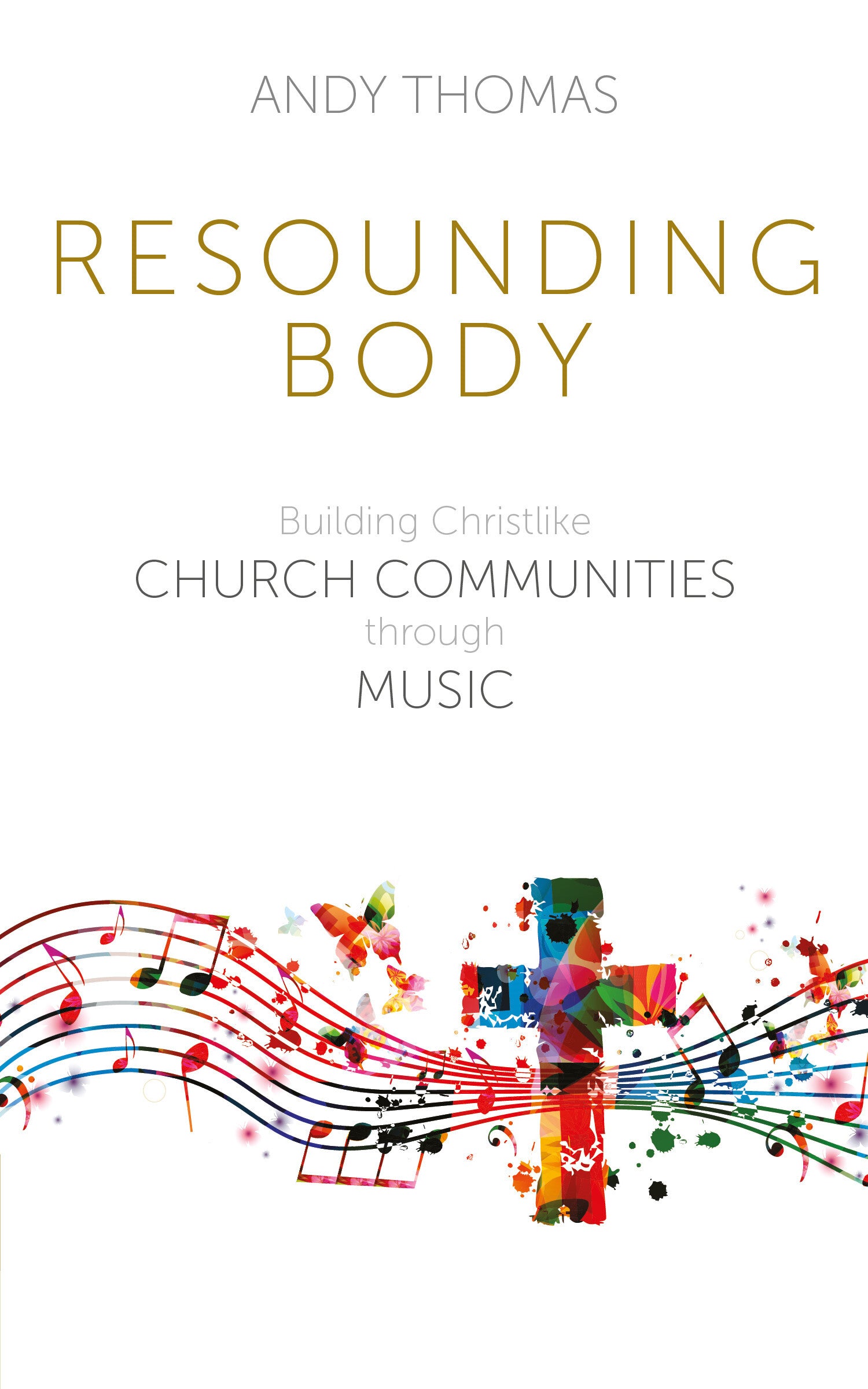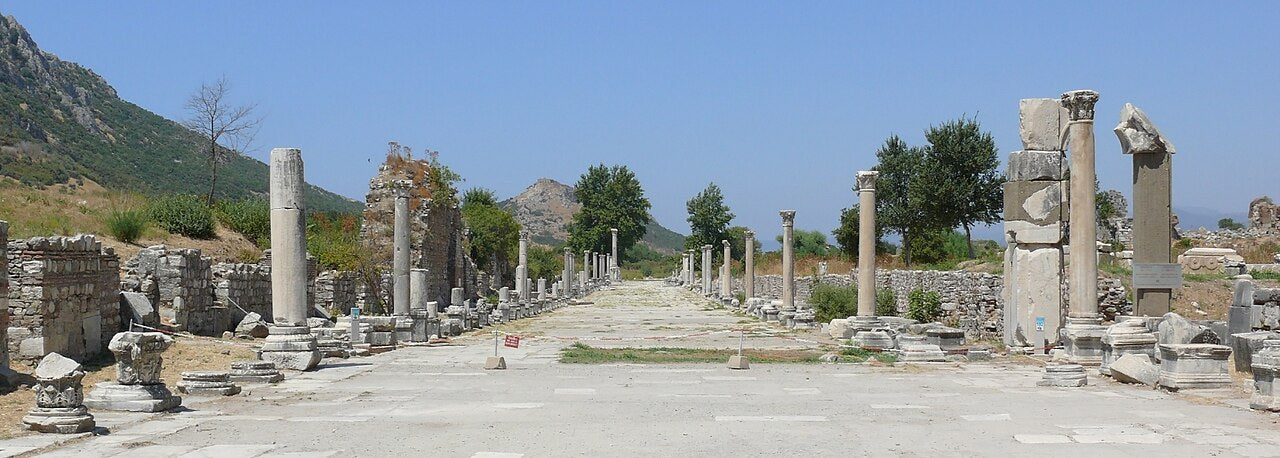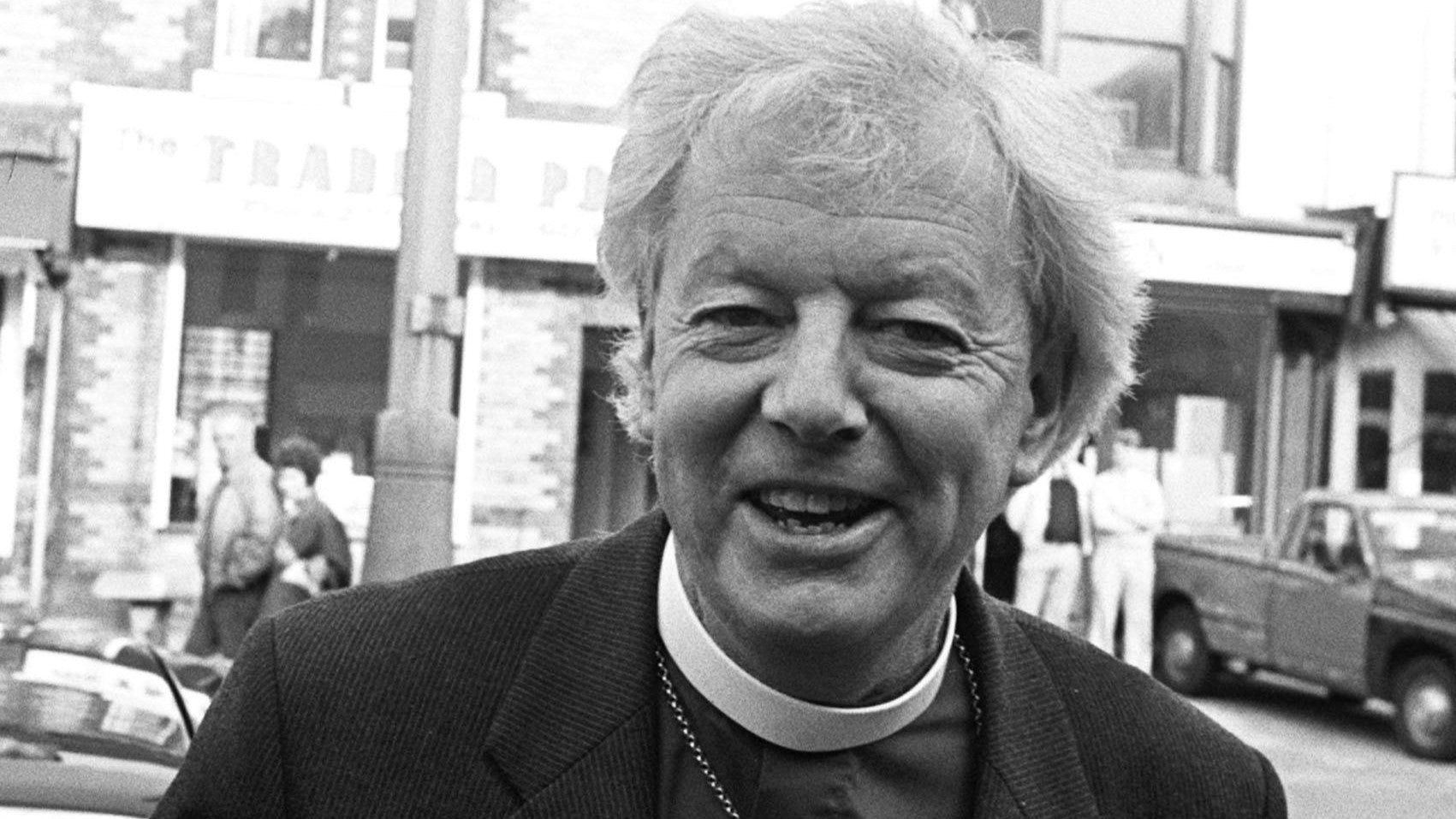 GUEST BLOG: COVID-19 put a temporary halt on church music (or at least as we know it), but Andy Thomas has seen plenty of encouragement in the way churches have responded to their circumstances and continued to build Christlike communities through music during the pandemic.
GUEST BLOG: COVID-19 put a temporary halt on church music (or at least as we know it), but Andy Thomas has seen plenty of encouragement in the way churches have responded to their circumstances and continued to build Christlike communities through music during the pandemic.
We are still not able to sing together in our congregations. Small groups of singers have only recently been permitted. Instrumental groups can play but face severe restrictions.
I, amongst many, have been feeling its absence. I also worry about the longer-term impact on church music, particularly in the many communities where resource is already thin. Yet, amid this anxiety, I am buoyed by the way many of us have responded to the pandemic. For, to my mind, it shines a light on one of the things we really value about church music: participation.
Making music together in the context of worship is deeply formative. It helps to transform us as individuals and communities. When used in an inclusive, open-minded, outward-looking way, it helps to transform us into something that is more Christlike: into being the body of Christ.
This includes church music in resource-strapped contexts. Where there are no regular choirs or instrumental groups, or perhaps even a regular pianist or organist. I don’t think we appreciate enough the transformative potential of simply singing together, perhaps unaccompanied. Often, musicians themselves and the ministers and worship committees who work with them don’t fully appreciate this either.
It is important that church musicians and those who work with them do appreciate this, firstly, so they can see the full value they are adding and take heart, even when the musical output is not what they would like. Secondly, unless we articulate and reflect on the transformative process that music-making enables, we can’t work on it and improve it within our communities.
So that’s what I try to do in Resounding Body. I try to show how music is an ideal tool to help develop us into the body of Christ, even in communities who feel they don’t have much to offer musically. How singing together draws us closer to the Spirit, which, for St Paul, is the fundamental force that knits the body together. How it draws us into a more empathetic, loving and inclusive relationship with each other, which Paul saw as central to building up and invigorating the body. How this can be developed significantly by small steps: for instance, by introducing short chants, songs and rounds in straightforward, manageable harmony; and by looking for opportunities to involve others and express the diversity within the congregation and wider community.
This book will be an inspiration to all who are called to serve a congregation as church music leaders in a local parish situation. Full of hope and thoughtful ideas, it deals sensitively with many of the practical issues involved in including a wide range of people in the musical ministry. Highly recommended!
Miles Quick, Head of Congregational and Instrumental Music, Royal School of Church Music
During lockdown, worship moved online. It’s still there, in unprecedented levels, as part of a “mixed media” approach to ensure that those who still can’t gather physically can participate virtually. The musical input has had to adapt, and it is the way it has adapted that is interesting. We could have focused just on producing music to listen to, during the prayers, for instance, or before and after the service. Music, after all, is a language that expresses faith in ways that words cannot, and just listening to it can be life changing. But instead, we have continued to find ways online to encourage people to participate in music-making. Most straightforwardly, this has consisted of the lyrics appearing on the screen during the hymns. More ambitiously, we have invited everyone and anyone to record their voices against a well-known hymn or worship song and then spliced them together to form a virtual choir, such as the Choir of the Nation, organised by St Paul’s Cathedral; and the UK Blessing, initiated by Tim Hughes.
This demonstrates how much we value musical participation in the context of worship. The complications brought by the COVID-19 pandemic, and the complexities for many communities of offering streamed worship for the first time, have meant stripping back our provision to something achievable. Yet, we have not been willing to strip away entirely the opportunities to sing or play together. They are fundamentally important, in all contexts, high- and low-resource. In Resounding Body I try to articulate why and offer practical advice on how we can all use music more effectively to transform ourselves and those in our midst into the body of Christ.
Andy Thomas is an organist, pianist and choir director with over 25 years’ experience of reinvigorating music in churches from different Christian traditions in the UK and overseas.
In Resounding Body: Building Christlike Church Communities through Music, he describes how, according to Paul, individuals and communities are transformed into the body of Christ, and how music-making enables this process. Get your copy today.











